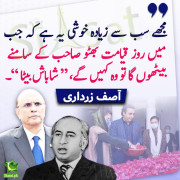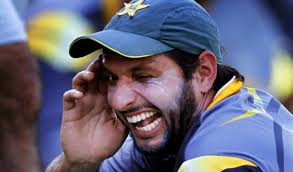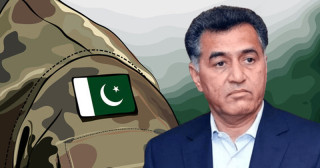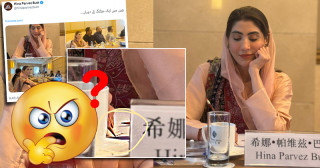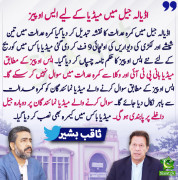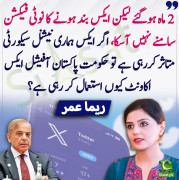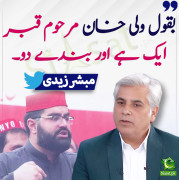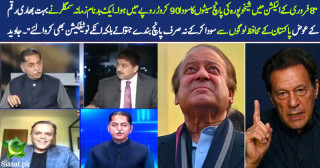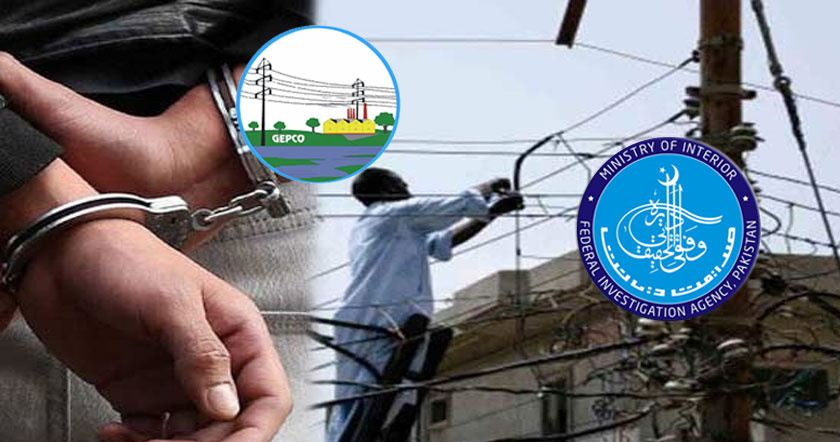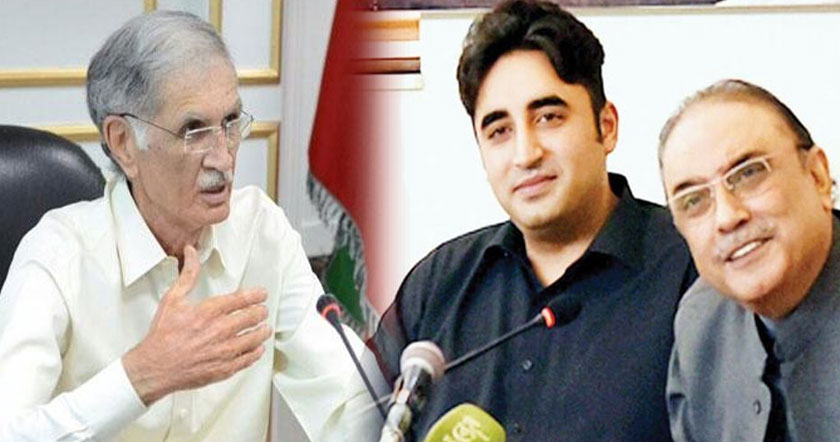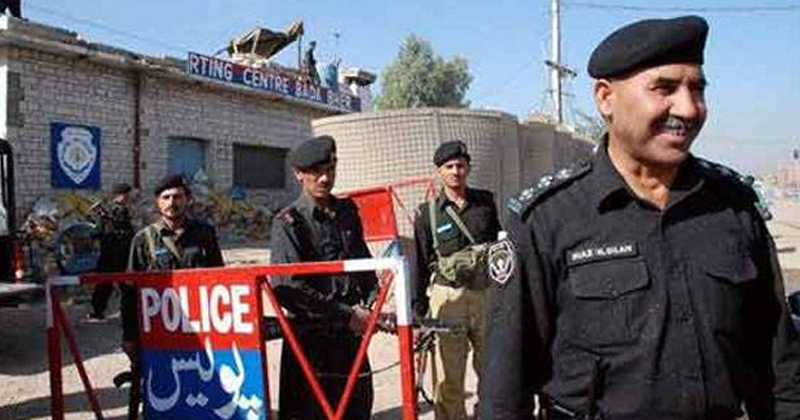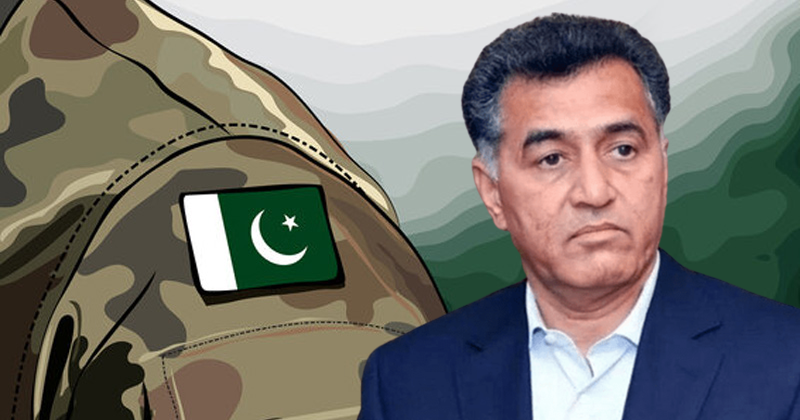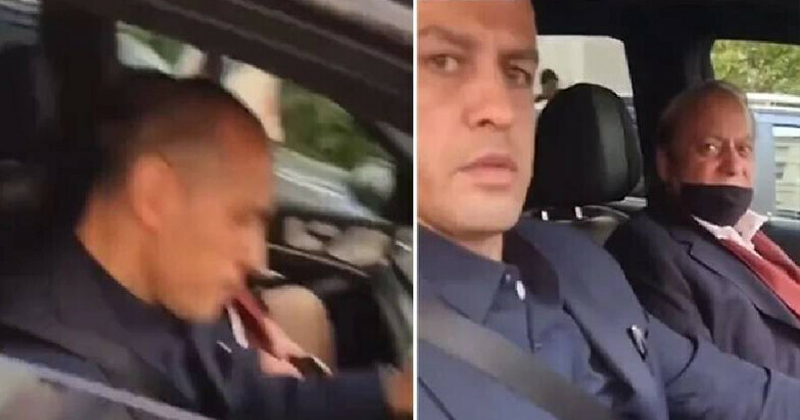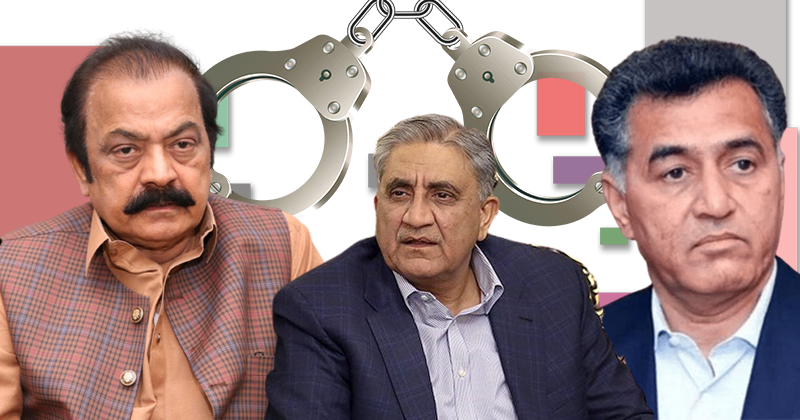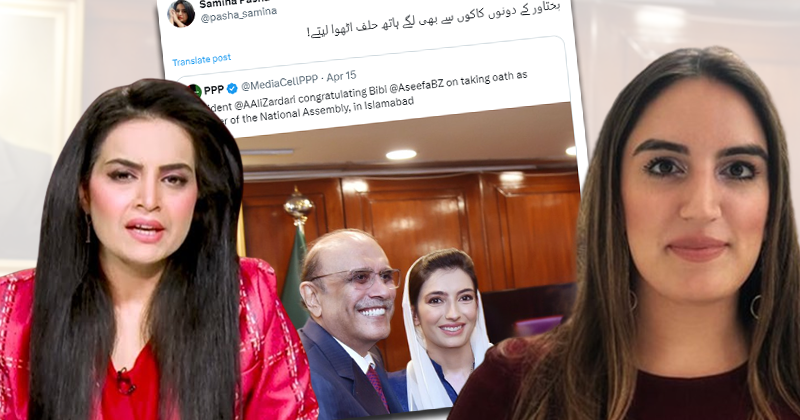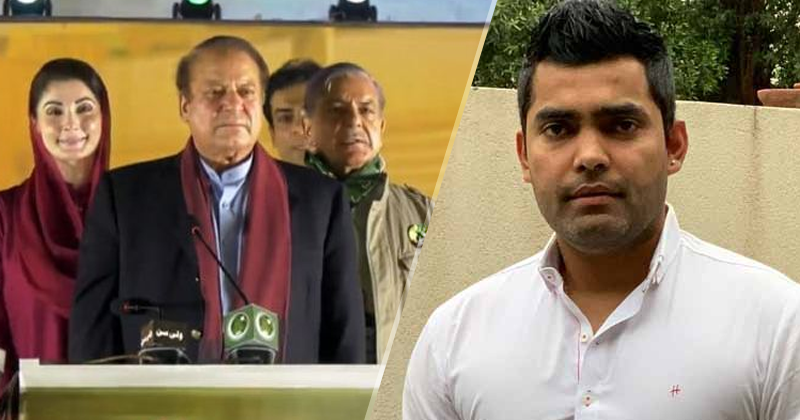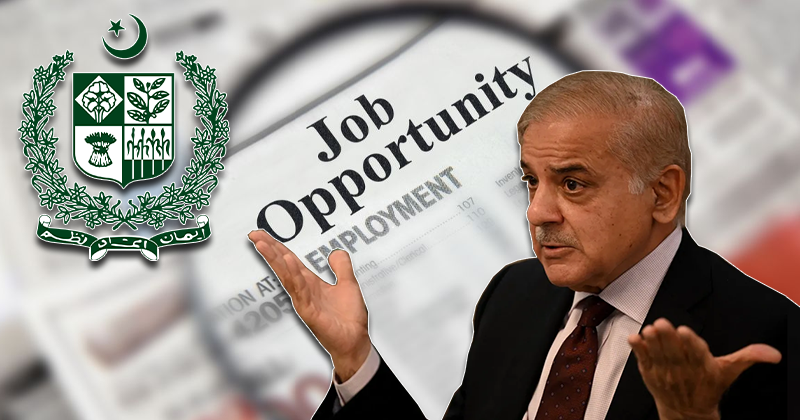US, India call on Pakistan to take ‘irreversible action’ against terrorism
KARACHI:
The United States and India have strongly condemned the use of terrorist proxies and cross-border terrorism while calling upon Pakistan to take “irreversible action” to ensure that its soil is not used for terrorist attacks against any other country.
The exhortation from the two nations came in a statement released by them at the end of the “Fourth Annual US-India 2+2 Ministerial Dialogue” which was preceded by an hour-long virtual meeting between Prime Minister Narendra Modi and President Joe Biden.
Participants of the dialogue, held in Washington on April 11, were Secretary of State Antony Blinken and Secretary of Defence Lloyd J Austin III from the United States and Minister of Defence Rajnath Singh and Minister of External Affairs Dr S Jaishankar from India.
“The ministers strongly condemned any use of terrorist proxies and cross-border terrorism in all its forms and called for the perpetrators of the 26/11 Mumbai attack, and Pathankot attack, to be brought to justice,” reads the joint statement.
The 26/11 attack was reference to the nearly 60-hour in-sync rampages by 10 terrorists on a railway station, two luxury hotels and a Jewish centre on November 26, 2008, in which as many as 166 people were killed.
Also read: Let's secure peace for socio-economic uplift, PM Shehbaz tells Modi
Similarly, the Pathankot attack was a reference to a remarkable four-day assault by a handful of gunmen on India's sprawling airbase in Punjab, starting Jan 2, 2016 which had left seven security personnel and one civilian dead.
Both attacks were blamed on “terrorist groups based in Pakistan” – a claim Islamabad has denied. New Delhi has frequently accused Islamabad of harbouring terrorists.
At Tuesday’s dialogue, the two sides called for concerted action against all terrorist groups, including groups proscribed by the UNSC 1267 Sanctions Committee, such as al Qaeda, ISIS/Da’ish, Lashkar-e-Tayyiba, and Jaish-e-Mohammad, and Hizbul Mujahideen.
“The ministers called on Pakistan to take immediate, sustained, and irreversible action to ensure that no territory under its control is used for terrorist attacks,” reads the joint statement.
The ministers committed to continued exchange of information about sanctions and designations against terror groups and individuals, countering violent radicalism, use of the Internet for terrorist purposes, and cross-border movement of terrorists.
“The ministers also emphasised the importance of upholding international standards on anti-money laundering and combating the financing of terrorism by all countries, consistent with FATF recommendations,” it further reads.
“The ministers also reaffirmed their support for the early adoption of a UN Comprehensive Convention on International Terrorism (CCIT) that advances and strengthens the framework for global cooperation and reinforces that no cause or grievance justifies terrorism.”
Human rights abuses
Earlier, Secretary of State Blinken said the United States was monitoring what he described as a rise in human rights abuses in India by some officials, in a rare direct rebuke by Washington of the Asian nation’s rights record.
“We regularly engage with our Indian partners on these shared values (of human rights) and to that end, we are monitoring some recent concerning developments in India including a rise in human rights abuses by some government, police and prison officials,” Blinken said in a joint presser with Secretary Austin, Jaishankar and Rajnath.
Blinken did not elaborate. Singh and Jaishankar, who spoke after Blinken at the briefing, did not comment on the human rights issue.
Blinken's remarks came days after US Representative Ilhan Omar questioned the alleged reluctance of the US government to criticise Modi's government on human rights.
Modi's critics say his Hindu nationalist BJP party has fostered religious polarisation since coming to power in 2014 as right-wing Hindu groups have launched widespread attacks on minorities, especially Muslims.
Also read: JuD chief gets more jail time
Several Indian states have passed or are considering anti-conversion laws that challenge the constitutionally protected right to freedom of belief. In 2019, the government passed a citizenship law that critics said undermined India's secular constitution by excluding Muslim migrants from neighbouring countries.
In the same year, soon after his 2019 re-election win, Modi's government revoked the special status of the disputed state of Jammu and Kashmir in a bid to fully integrate the Muslim-majority region with the rest of the country. The BJP recently banned wearing the hijab in classrooms in Karnataka state.
The Russia factor
At their virtual meeting, President Biden told Premier Modi that buying more oil from Russia was not in India’s interest and could hamper the US response to the war in Ukraine, US officials said.
Biden and Modi both publicly expressed growing alarm at the destruction inside Ukraine, especially in Bucha, where many civilians have been killed. Biden stopped short of making a “concrete ask” of Modi on Monday, an official said, noting India has concerns about deepening ties between Russia and China. But he told Modi India’s position in the world would not be enhanced by relying on Russian energy sources, US officials said.
“The president conveyed very clearly that it is not in their interest to increase that,” said White House spokesperson Jen Psaki.
At the joint presser, Jaishankar pushed back against a question on India’s energy purchases from Russia, saying the focus should be on Europe, not India. “Probably our total purchases for the month would be less than what Europe does in an afternoon.”
India has tried to balance its ties with Russia and the West but unlike other members of the Quad countries - the United States, Japan and Australia - it has not imposed sanctions on Russia.
Lured by steep discounts following Western sanctions on Russian entities, India has bought at least 13 million barrels of Russian crude oil since the invasion in late February. That compared with some 16 million barrels for the whole of last year, data compiled by Reuters shows.
Psaki did not disclose whether India had made any commitments on energy imports but said Washington stands ready to help the country diversify its sources of energy.
A US official added that “we haven’t asked India to do anything in particular.” The official said “India is gonna make its own judgments” following “a very candid conversation.”
“Today we are able and willing to be a partner of choice with India across virtually every realm,” Blinken said at the joint presser. India’s modernisation needs on defence were a key topic the two sides have discussed at length, the ministers said.
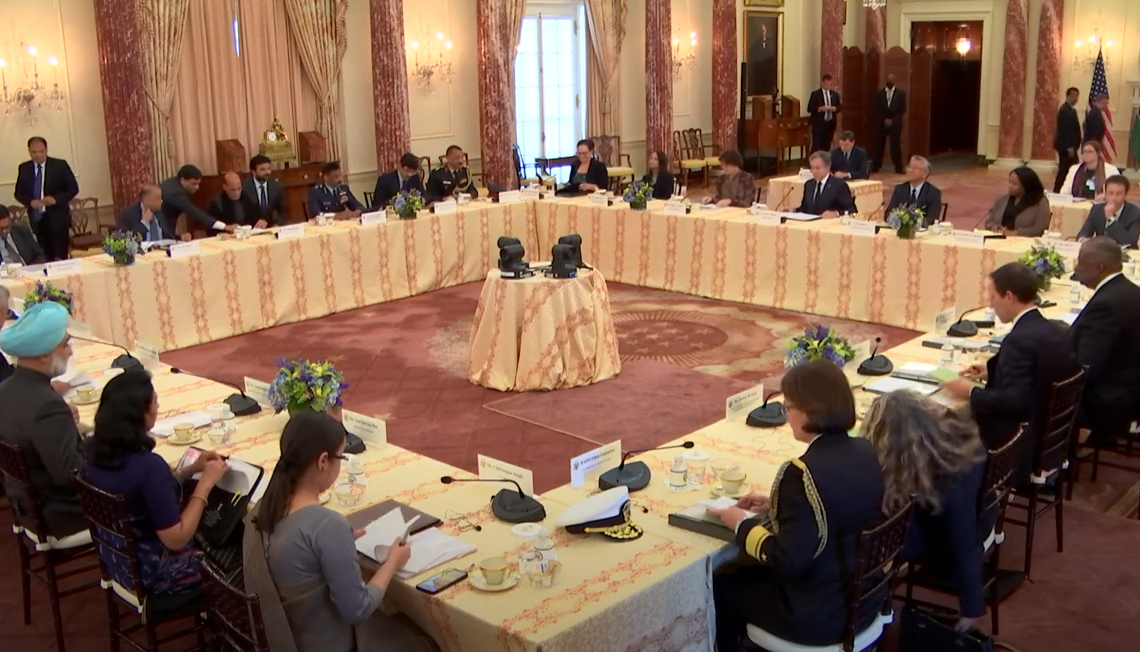
US, India urge Pakistan for ‘irreversible action’ against terror | The Express Tribune
In a joint statement, the two sides call for perpetrators of the 26/11 and Pathankot attacks to be brought to justice



